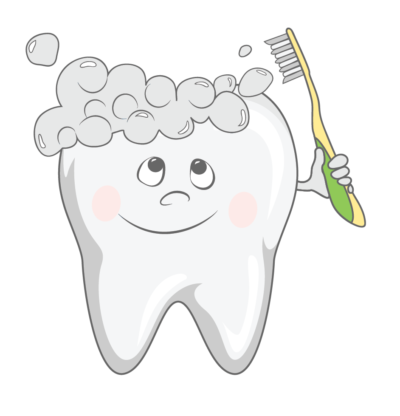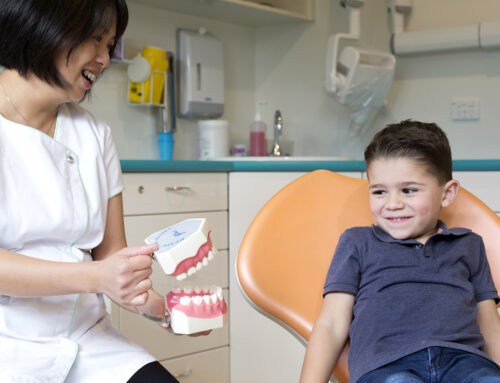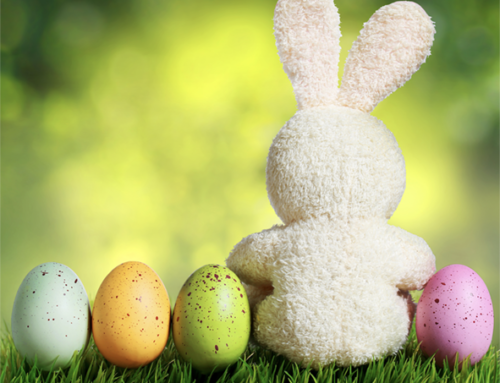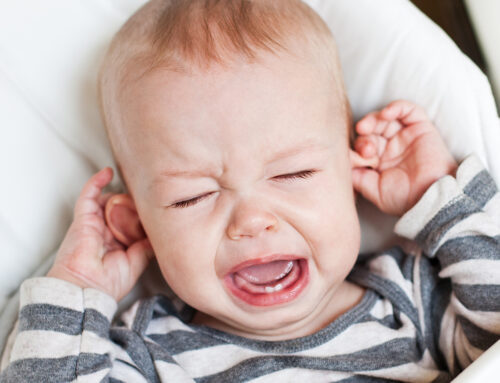Many parents ask us what impact thumb sucking will have on their child and how they can help to stop it so we thought we’d share some insights we have. Firstly, thumb sucking is a very natural thing that many children do from an early age…and we mean very early. There is plenty of evidence that shows babies in utero sucking their thumb!
Why do they do it?
Thumb or finger sucking helps to calm and soothe the child. Sucking is a natural instinct for babies. As infants, the first contact a baby usually has with sucking is at their mother’s breast to drink breast milk. Milk contains a protein that is converted into serotonin in the brain and creates a sleepy, tired, relaxed feeling. Children who become attached to sucking as they get older still receive a physiological payoff every time they do it.
So when should your child stop their thumb sucking?
Previously, it was thought it was OK up until children got their adult teeth but we know from research that this is not correct. Children should ideally cease thumb sucking from around age 3-4.
Thumb sucking can put pressure on the sides of the upper jaw and the soft tissue on the roof of the mouth. This can cause the upper jaw to become very narrow and the teeth to not meet properly from the top to the bottom. This is often fixed with braces however there are other issues such as speech, chewing and breathing issues that may need to be addressed with therapy. Thumb sucking can make a cross-bite worse, and can cause the teeth in the back of the mouth to have to do most of the chewing. This causes an unevenness across the teeth and impacts the structure of the mouth and jaw as the child grows.


This habit is not necessarily something your child will grow out of naturally. Believe it or not, this habit can continue all the way throughout adulthood with lasting repercussions. The sooner your child stops sucking their thumb or finger, the better. At the age of 4 and a half to 5 years old – the so-called “Magic Age” children are bright and receptive and are often ready to stop their sucking. This is a great age to begin a formalised program.
Any mechanical or aversive approach to stopping a child younger than 5 can result in withdrawals including bad behaviour and transfer to another habit (think nail biting, cheek chewing, clothes chewing).



OUR TOP TIPS TO ENCOURAGE YOUR CHILD TO STOP THUMB OR FINGER SUCKING!
1. Encourage your child to limit their thumb sucking to times when they are at home or taking a nap and not in public.
2. Explain that they do it to calm themselves and come up with other things they can do if feeling anxious or tired such as hold a soft toy or blanky.
3. Explain that they do it to calm themselves and come up with other things they can do if feeling anxious or tired such as hold a soft toy or blanky.
4. Be encouraging of your child when you notice they aren’t thumb sucking or choose an alternative.
5. Don’t use gloves or foul tasting deterrents. Remember your child does this activity to calm his or herself. They shouldn’t be punished. Many parents say that when they get upset or try to discipline their child over their sucking, ironically, the sucking worsens.

OUR FREQUENTLY ASKED QUESTIONS!
USEFUL DENTAL RESOURCES AND FURTHER READING
A great video from the team at The Thumbsucking Clinic
If your child is about to start school and they are still thumb of finger sucking, here is some more great information from The Thumb Sucking Clinic to help you out.
Thanks to our wonderful Oral Health Therapist, Carlee.
She works at both the Essendon clinics.
If you would like to talk to her or any of our amazing team, about this or any other questions you may have, please contact us on 03 9372 8960.




